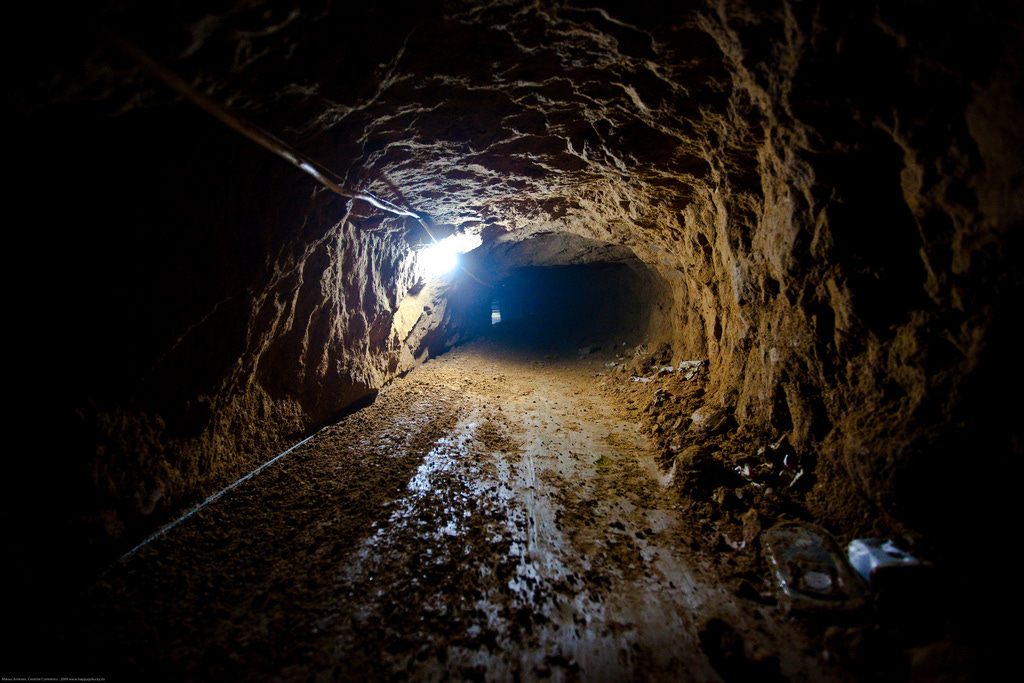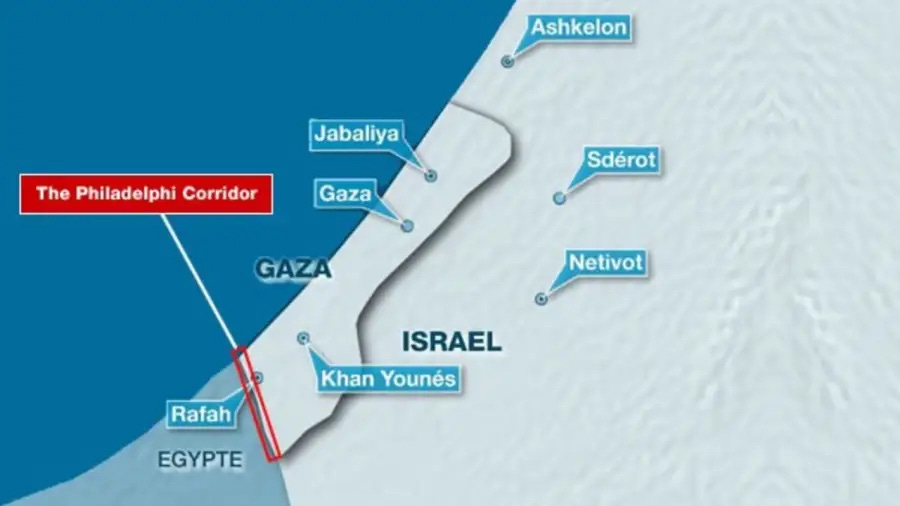It appears that we were a bit hasty on Friday in reporting that the International Court of Justice (ICJ) ordered Israel to stop its Rafah offensive. As Brian Henry explains in today’s article, the story is much less clear, though the Friday headlines in much of the media made it seem clear cut. Four of the judges on the court, including two who voted for the decision said otherwise. Only one said Israel has to stop.
We are celebrating a number of milestones today. As of this week, Canadian Zionist Forum has now been publishing for ten months. Over the weekend we welcomed our six hundredth subscriber. Friday’s article was the 125th published on the site.
We’d like to take the opportunity to thank everyone for reading. Please share our articles with people who may be interested. We promise you much more in the months to come.
On Friday, the International Court of Justice did or did not give its blessing to Israel’s military operation in Gaza. The court asked Israel to …
Immediately halt its military offensive, and any other action in the Rafah Governorate, which may inflict on the Palestinian group in Gaza conditions of life that could bring about its physical destruction in whole or in part.
Showing its usual bias, much of the international media uncritically took this as meaning the court wants Israel to stop its military action in Rafah. Not so, according to four of the five judges who opted to explain the phrasing.
The ruling is actually a green light for Israel’s Rafah operation – only while doing so, Israel should take care not to “inflict on the Palestinian group in Gaza conditions of life that could bring about its physical destruction in whole or in part.”
Israel has officially responded, saying, sure, that was always the plan anyway.
No, no, a fifth judge explained. The ruling means Israel should please stop all “offensive” actions in Rafah and, he added, everywhere else in Gaza. (This last bit, the judge seems to draw out of his own imagination, not from the ruling at all). But, he says, Israel can continue defensive operations.
In practice, this fifth judge seems to be advocating Israel play whack-a-mole. Whenever Hamas launches missiles or mortars against Israel from within Rafah or elsewhere in Gaza (as it’s done for 16 years and continues to do), Israel is then permitted to strike at the now-empty missile launcher or at the patch of ground where the terrorists used to be. Which I think illustrates why generals run military operations, not judges.
The other ten judges offered no explanation, happy to give an ambiguous ruling that is both a red light to Israel’s Rafah operation and a green light. Which illustrates why “international law” is seen by many as a joke – the judges don’t care if they even make sense.
As it stands, international law lacks a few of the essential components of real legal systems.
First, the court can’t enforce judgements. It asks states to, pretty please, pay attention. But this lack of power is a good thing, because the court’s rulings are arbitrary, driven by politics.
In Canada, and other liberal democracies such as Israel, the courts try to play fair and aspire to the idea that everyone is equal under the law. The International Court of Justice seems to lack such a commitment to fairness.
The court is populated by judges from countries that are luminaries of (in)justice such as Russia, China, and Lebanon (which is at war with Israel!). In the past the panel of UN judges has included John Dugard. Dugard was part of South Africa’s team which presented the case against Israel in the current action. He is a former UN Rapporteur on Palestinian human rights and a notorious antisemite.
Moreover, it’s inconceivable that any other nation in the world would be dragged before the ICJ for defending itself against a terrorist group that has the declared aim of destroying the country and murdering its people, a terrorist group that murdered, raped, beheaded, kidnapped and tortured men, women and children for the crime of being Jews, a terrorist group that still holds more than 100 hostages – many of them in Rafah – in brutal conditions of little food, no sunlight, and gross sex abuse.
This ruling leaves it unclear whether the considered opinion of the International Court of Justice is that the hostages should rot – or that Israel may act to save them. The hostages are both dead to the court and not dead – it’s a macabre case of Heisenberg’s uncertainty principal. And it allows countries to pick the ruling they prefer.
In Canada, Trudeau was quick to say that Israel should stop its Rafah offensive and indeed all military action in Gaza. Hamas should lay down its arms and free the hostages, Trudeau added for good measure. But as we have seen for many months, such rhetoric from Canada means nothing at all to Hamas.
Israel at least can pick its preferred reading of the ruling, say thank you to the court, and carry on with the necessary next step of the war.
Apart from saving the hostages, Israel must take Rafah to prevent Hamas from ever again establishing itself as the government of Gaza. There are two important reasons for this.
First, most of Hamas’s remaining battalions are hiding in Rafah and they’re still firing at Israel. Today Hamas fired 8 rockets at Tel Aviv from the area of Rafah that Israel has not yet entered.
On May 5, a rocket barrage from Rafah killed four soldiers stationed inside Israel by the Kerem Shalom border crossing and injured ten more. This border crossing is a major route for humanitarian aid into Gaza, and beyond killing some Israelis, the attack also closed the border crossing for several days.
Just as important, Rafah is the heart of Hamas’s smuggling operations. Some 50 smuggling tunnels connect Rafah to Egypt (here). Hamas imposes a tax on every item that passes through these tunnels – it’s a major source of revenue – and Hamas absolutely needs these tunnels for smuggling in weapons.
Image: Smuggling Tunnel: Rafah to Egypt
To defeat Hamas, Israel must close these tunnels and take control of Rafah and the entire Philadelphi Corridor (the strip of land running along Gaza’s border with Egypt).
To date, the operation is going well. Two-thirds of Rafah’s population has relocated to humanitarian zones created by Israel. We can expect the remaining civilian population to also evacuate as Israel’s operation moves deeper into the city.
Image: Map showing the Philadelphi Corridor along Gaza’s border with Egypt
For a couple weeks, Egypt protested loudly about Israel’s taking control of the Gaza side of the Rafah border crossing. Egypt closed the border from its side and detained hundreds of aid trucks. Fruits and vegetables, chicken, eggs, and cheese – all the fresh produce has been rotting in the sun (here).
Under American pressure Egypt, while still refusing to open its border with Gaza, has agreed to let the trucks re-route to Israel and enter Gaza through the Kerem Shalom crossing (here).
Israel’s military action in Rafah also seems to be going well. Hamas cannot stand against Israel’s army. Hamas’s biggest hope for surviving in Rafah was for its ally South Africa to pressure Israel through a spurious case at the International Court of Justice.
That’s failed. And now Gaza is one step closer to liberation from Hamas.
Canadian Zionist Forum is dedicated to promoting honest discussion and clearer understanding of issues affecting the Jewish people and the Jewish State, in Canada and around the world. We publish two or three times weekly. We are grateful that you are spending some of your valuable time to read what we have to say. If you are a paid subscriber you can leave a comment.
A paid subscription costs $100 Canadian per year or $10 per month. Please consider signing up to support our work.
We are grateful to our growing roster of subscribers. Thankyou for reading Canadian Zionist Forum.








That was some pretty interesting legal ramblings, but typically so many journalists, so many countries, took the "easy" anti-Semitic choice. On a different note, I think the expression is "from your mouth to God's ear", that "Gaza is one step closer to liberation from Hamas".